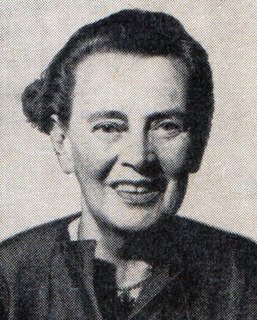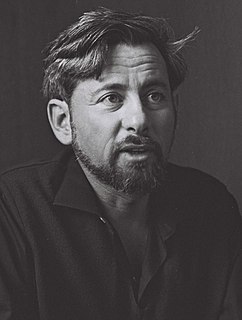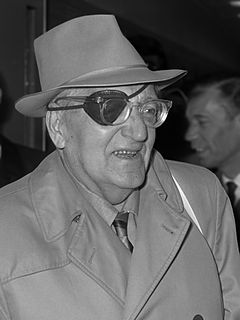A Quote by Storm Jameson
Novelists who treat violence and cruelty as something to be exploited for their effect, or to enjoy the pleasure of an evacuation, are carriers of a singularly unpleasant disease.
Related Quotes
As you become more conscious of your cruelty, of your violence, gross and subtle, you start becoming more and more compassionate. Not that you cultivate compassion. Just by becoming aware of your cruelty, violence, ugliness... the very awareness brings new changes in you. And the energy that was involved in cruelty, in violence, starts changing. The same energy becomes purified, the same energy becomes compassion.
If the federal government is truly serious about doing something with the AIDS virus, we need to take steps that would isolate the carriers of this plague.... It is difficult to understand the public policy towards AIDS. It is the first time in the history of civilization in which the carriers of a genuine plague have not been isolated from the general population, and in which this deadly disease for which there is no cure is being treated as a civil rights issue instead of the true health crisis it represents.
As far as criticism, I don't mind critics. I mean, I wrote for 'Rolling Stone' for a hot minute. I like criticism. I enjoy criticism. The thing I don't like is cruelty for cruelty's sake. You don't have to be a jerk to say something negative. You can say something in the negative sense and have class.
History has different yardsticks for the cruelty of the Northerners and the cruelty of the Southerners in the Civil War. A slave-owner who through cunning and violence shackles a slave in chains, and a slave who through cunning or violence breaks the chains – let not the contemptible eunuchs tell us that they are equals before a court of morality!
The Angelina Effect refers to the fact that a powerful, beautiful, well-respected and world-renowned woman unabashedly revealed private medical details about a gene mutation which affects 1 in 500 people. In so doing, she raised awareness and sparked conversations around the world amongst known BRCA carriers, possible carriers, and the circle of family and friends who care about them.





































